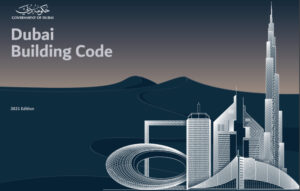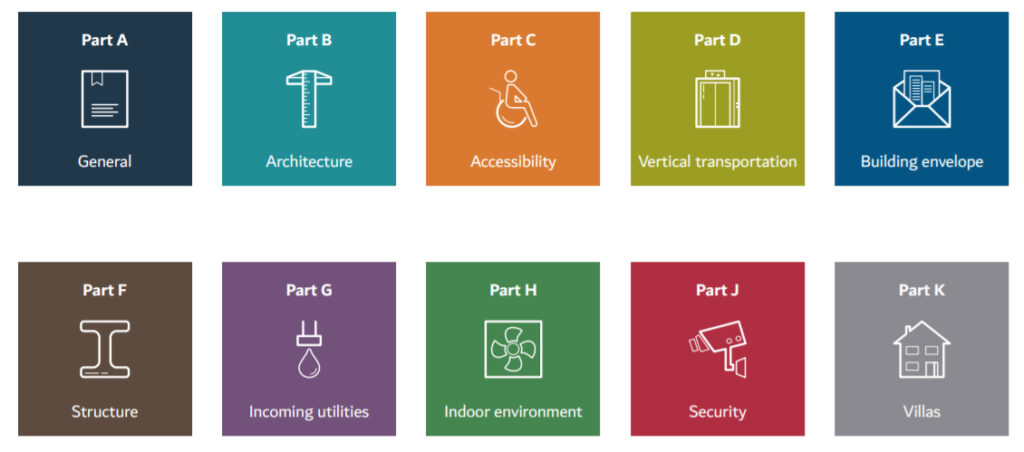
Dubai Executive Council issues new Dubai Building Code
Dubai releases an updated Dubai Building Code to streamline approvals processes and raise the standard of excellence for all stakeholders involved in the construction industry across the emirate
Ever since the construction boom in the Gulf region began in the 1980s, there was no doubt that the United Arab Emirates in general and Dubai, in particular, have been ranked among the world’s leading jurisdictions for attracting foreign investment, mainly through sectors like real estate and hospitality. Naturally, this requires an enhanced focus on building safety, particularly as the use of new methods of construction and emerging technologies abound. Additionally, resiliency and sustainability in construction practices have become a greater priority throughout the country.

Prior to the new code release, construction projects’ operations and licenses’ approvals went through a combination of different regulations mandated by various authorities’ departments such as Dubai Municipality (DM), Dubai Development Authority (DDA), Department of Planning and Development (commonly referred to as “Trakhees”), among others. Some construction companies faced difficulties with this working model especially when executing projects under tight deadlines and budgets. The challenge was intensified during the ongoing COVID-19 pandemic, which forced a few key players into a liquidity crisis. The new code will ease the approval processes from Dubai’s licensing agencies and facilitate the workflow accordingly for consultants, contractors, developers, investors and owners. Its core objective and essence are to incorporate, unify and replace the different/separated regulations related to building design.
In addition to reducing construction costs, the DBC defines a list of minimum requirements that should be met, including:
- The health, safety, welfare and convenience of people in, around or who might be affected by buildings
- Building design to reduce the impact on the surrounding environment
- The sustainable development of buildings
The updated DBC continues to rely on a range of international codes and standards, mainly British (BS), European (EN), and U.S.-developed international codes and standards (including the International Codes) referenced under the design, material and product specification sections. The IBC is specifically referenced in the Architecture, Building Envelope, Structure and Villas chapters.
The technical committees responsible for adapting and formulating the code referenced the online resources available from the Code Council, as well as the previous and ongoing work in which the Code Council is engaged with other jurisdictions in the region. This provided context about our code development process, as well as the referenced standards and procedures addressing health, safety, welfare and environmental requirements. The holistic approach undertaken by the Executive Council was crucial to balance the twin demands of staying consistent with international best practices and learning from past experiences as much as possible and as applicable.
Since the ICC MENA regional office was established in Dubai in 2019, we have been engaged with Dubai Municipality on numerous topics, including ensuring safety and compliance of innovative materials and methods, with strong collaboration expected to continue throughout 2022 and beyond. The DBC is designed to support the use of various innovations in building science, provided that they meet the associated performance statements and provide at least an equivalent level of performance to all the prescriptive building safety requirements.
The implementation of the new DBC began on Dec. 30, 2021, and a copy can be accessed online.









